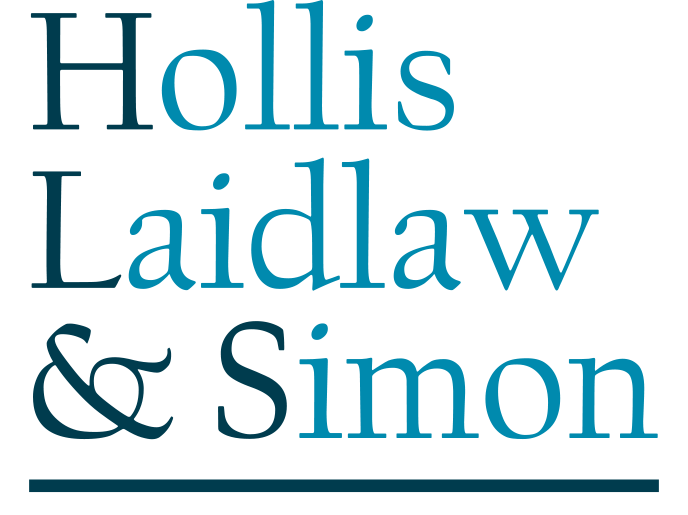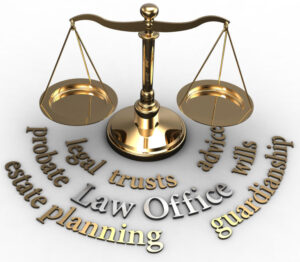There are many reasons why people do not execute a Last Will and Testament during their lifetime; they are too busy or it’s on their to-do list, they don’t think they are “rich enough” to need one, they think it’s too expensive, or they do not think they are “old enough” to need one, etc. Whatever the reason may be for not having a Last Will and Testament, the fact remains that over half of American adults do not have a Will in place.
As a result, it is not uncommon for our firm to receive a phone call from someone stating that their family member just passed away and they cannot find a Will anywhere and/or do not believe that their family member executed one.
So what happens if you die without a Will? Or a loved one dies without a Will? Well, in that case, New York State law will decide who will inherit your estate for you (or your loved one’s estate). If you are like many of us, that statement probably does not put you at ease.
Who Will Inherit – New York’s Law of Intestacy
A person who dies without leaving a valid Will is said to have died intestate. In New York State, the law governing the administration of estates for those individuals who die intestate is Section 4-1.1 of the Estates, Powers and Trusts Law. This law provides the following:
- If the decedent was survived by a spouse and children, the spouse inherits the first $50,000 plus half of the remainder of the estate. The children will inherit the remaining half of the estate.
- If the decedent was survived by a spouse, but no children, then the spouse inherits the entire estate.
- If the decedent was not married, but was survived by children or children of any predeceased child (grandchildren) , then the children or the children of any predeceased child would inherit the entire estate.
- If the decedent was not married and had no children, but was survived by one or both parents, then the surviving parent(s) would inherit the estate.
- If the decedent was not married, had no children, and had no surviving parents, then the estate would be distributed to his or her surviving siblings or to the children of any predeceased siblings.
- If the decedent was not married, had no children, no surviving parents, no surviving siblings or nieces and nephews, then the estate would be distributed to any surviving grandparent or if no grandparents are alive, then to the issue of grandparents (i.e. the decedent’s aunts and uncles).
- If no aunts and uncles are surviving, then to the issue of the aunts and uncles (i.e. first cousins); and
- If no first cousins have survived, then to their issue, if any.
When Do the Laws of Intestacy Not Work?
Many times, the distribution scheme laid out by the Estates, Powers and Trusts Law is exactly what someone would want. But more often than not, this distribution scheme can lead to some very unfavorable outcomes:
- You pass away without a will and owned your home in your sole name. You are survived by your spouse and children. They now own the home together because if spouse and children survive, they each get a portion of the estate.
- You pass away without a will and your only surviving relative is a child of a predeceased first cousin who you have never met. This individual will inherit your estate.
- You pass away without a will and your siblings are your closest living relatives, but you haven’t spoken to one of your brothers in ten years. That brother will inherit a portion of your estate.
- You pass away without a will and were not married and had no children. Your mother survives you but she is on Medicaid and is in a nursing home. This inheritance will now cause your mother to lose her Medicaid benefits and require that she re-apply for Medicaid once the inheritance runs out.
All of these scenarios could have been avoided if a Will was executed during the decedent’s lifetime.
Who Will Be In Charge of the Estate?
Additionally, the law also provides for who will administer or be in charge of the estate (i.e., who will be eligible to be appointed as the Administrator of the estate). Under New York State’s Surrogate’s Court Procedure Act Section 1001(1), the order of priority is as follows:
- the surviving spouse;
- the children;
- the grandchildren;
- either parent;
- the brothers or sisters; and
- any other persons who are distributees and are eligible and qualify, with preference to the individual entitled to the largest share in the estate.
This is where you can run into the same type of problems as you did with the estate distribution; someone you don’t even know or speak with could be in charge of your estate or maybe multiple eligible family members petition the court to become administrator and it causes a family feud, etc.
How can Laidlaw & Simon help?
If you want to control who your estate goes to and who will be in charge of it, it is vital to execute a Last Will and Testament while you can as leaving your family without a plan is not usually the legacy you want to leave behind.
Please reach out to the Trusts and Estates team at Laidlaw & Simon for a complimentary consultation.













